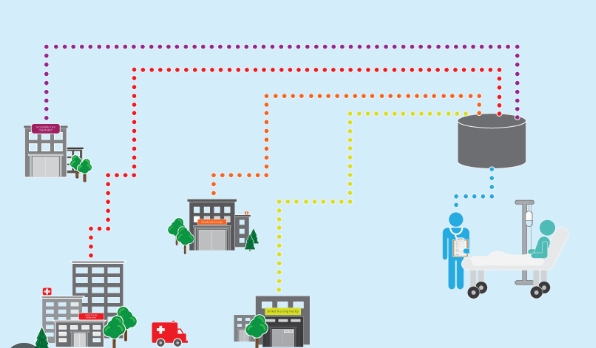In the ever-evolving world of healthcare, technology continues to play a vital role in advancing the way medical professionals provide care to patients. Collectively, these medical technologies are revolutionizing the industry and are paving the way for a more efficient and effective healthcare system.
Rise of Telemedicine
Telemedicine is gaining popularity as a convenient way for patients to receive medical care from the comfort of their own homes. Through video consultations, patients can connect with healthcare providers and receive diagnoses, prescriptions, and recommendations without the need for an in-person office visit.
Artificial Intelligence in Healthcare
Artificial intelligence (AI) is being integrated into various aspects of healthcare, from medical imaging to predictive analytics. Machine learning algorithms are able to analyze vast amounts of patient data to help doctors make more accurate diagnoses and treatment decisions. AI is also being used in robotics for surgeries, allowing for more precise and minimally invasive procedures.
Wearable Health Devices
Wearable health devices, such as fitness trackers and smartwatches, are becoming increasingly popular among consumers. These devices can monitor a person’s heart rate, activity levels, and even detect potential health issues. As technology advances, wearable devices are expected to become even more sophisticated, providing patients and healthcare providers with real-time data for more personalized care.
Blockchain Technology for Healthcare
Blockchain technology is being utilized in healthcare to securely store and share patient data. With blockchain, patients have greater control over their medical records and can easily grant access to healthcare providers when needed. This technology also ensures the integrity and privacy of sensitive medical information.
The Future of Collective Medical Technologies
As technology continues to advance, the possibilities for collective medical technologies are endless. From virtual reality simulations for medical training to personalized medicine based on genetic data, the future of healthcare is bright. By embracing these evolving trends and integrating them into everyday practice, medical professionals can provide better care and improve patient outcomes.
In conclusion, the future of healthcare is being shaped by evolving trends in collective medical technologies. From telemedicine to artificial intelligence, wearable health devices, and blockchain technology, these innovations are transforming the way healthcare is delivered. By staying informed and adopting these technologies, medical professionals can revolutionize the industry and provide better care for patients.

